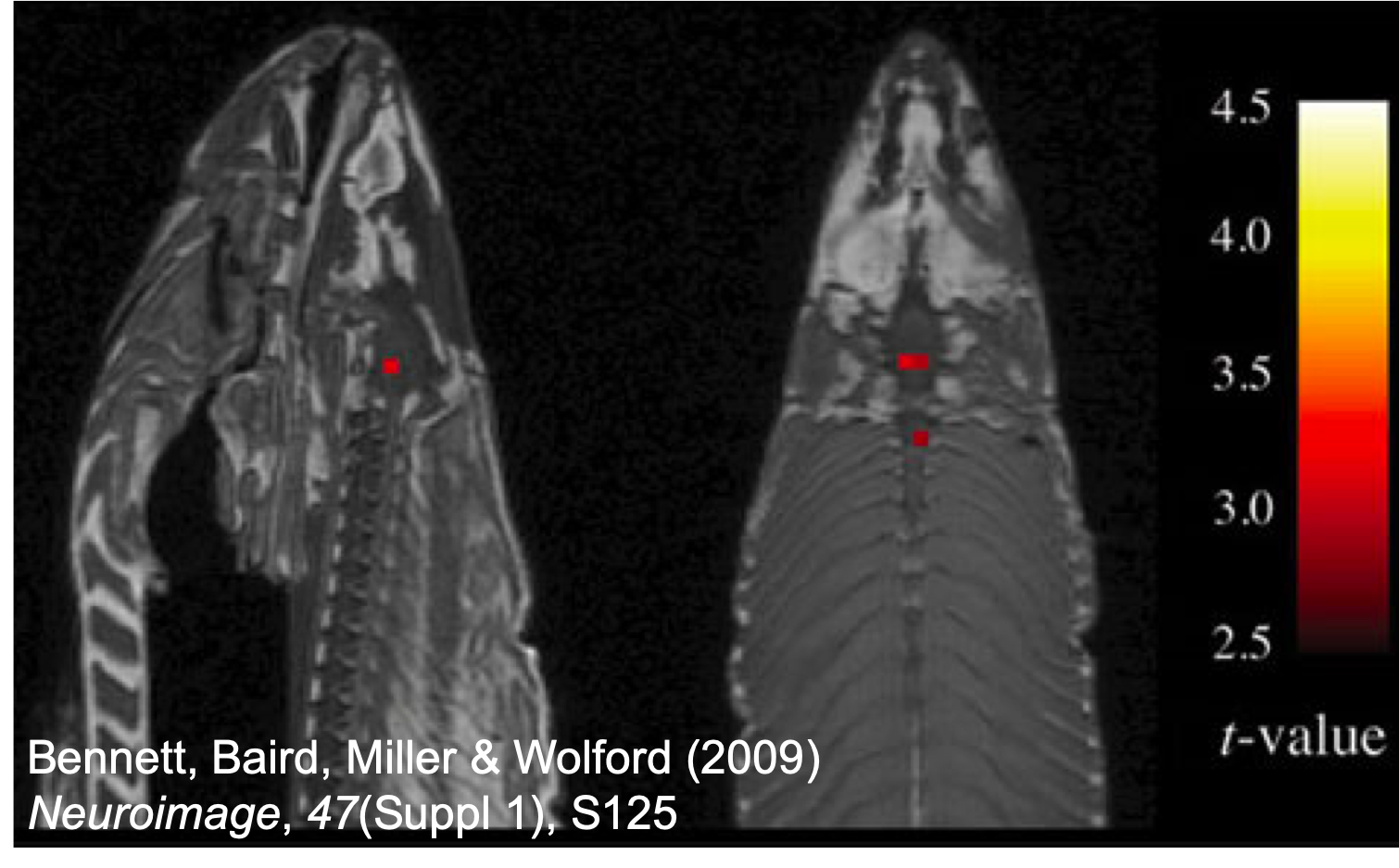
Research in cognitive neuroscience employs a diverse range of analytical
tools and procedures. This module provides specialist Masters students with the
training necessary to critically evaluate the analyses presented in published
research. Additionally, students will be trained to apply numerical techniques
to neuroscientific data and to interpret the output of popular analysis
software.
Aims
To teach students the rationale and methodology of a range of experimental approaches within cognitive neuroscience. The module will provide conceptual knowledge about the maths that supports the analyses found within published papers across the major methods used in cognitive neuroscience. Additionally, students will be taught the skills necessary to use analysis software for fMRI and EEG analysis.
Learning Outcomes
Aims
To teach students the rationale and methodology of a range of experimental approaches within cognitive neuroscience. The module will provide conceptual knowledge about the maths that supports the analyses found within published papers across the major methods used in cognitive neuroscience. Additionally, students will be taught the skills necessary to use analysis software for fMRI and EEG analysis.
Learning Outcomes
At the end of this module students will be able to:
(a) Demonstrate understanding of the philosophical and statistical underpinning of a variety of analytical techniques.
(b) Read and critically appraise the numerical methods used in published cognitive neuroscience articles.
(c) Write reports presenting and critiquing the design and numerical methods used in cognitive neuroscience
(d) Interpret the output of popular advanced software tools used in fMRI research.
(e) Use commonly available software to analyse psychophysiological datasets to localise sources of EEG data.
- Module Supervisor: Steffan Kennett